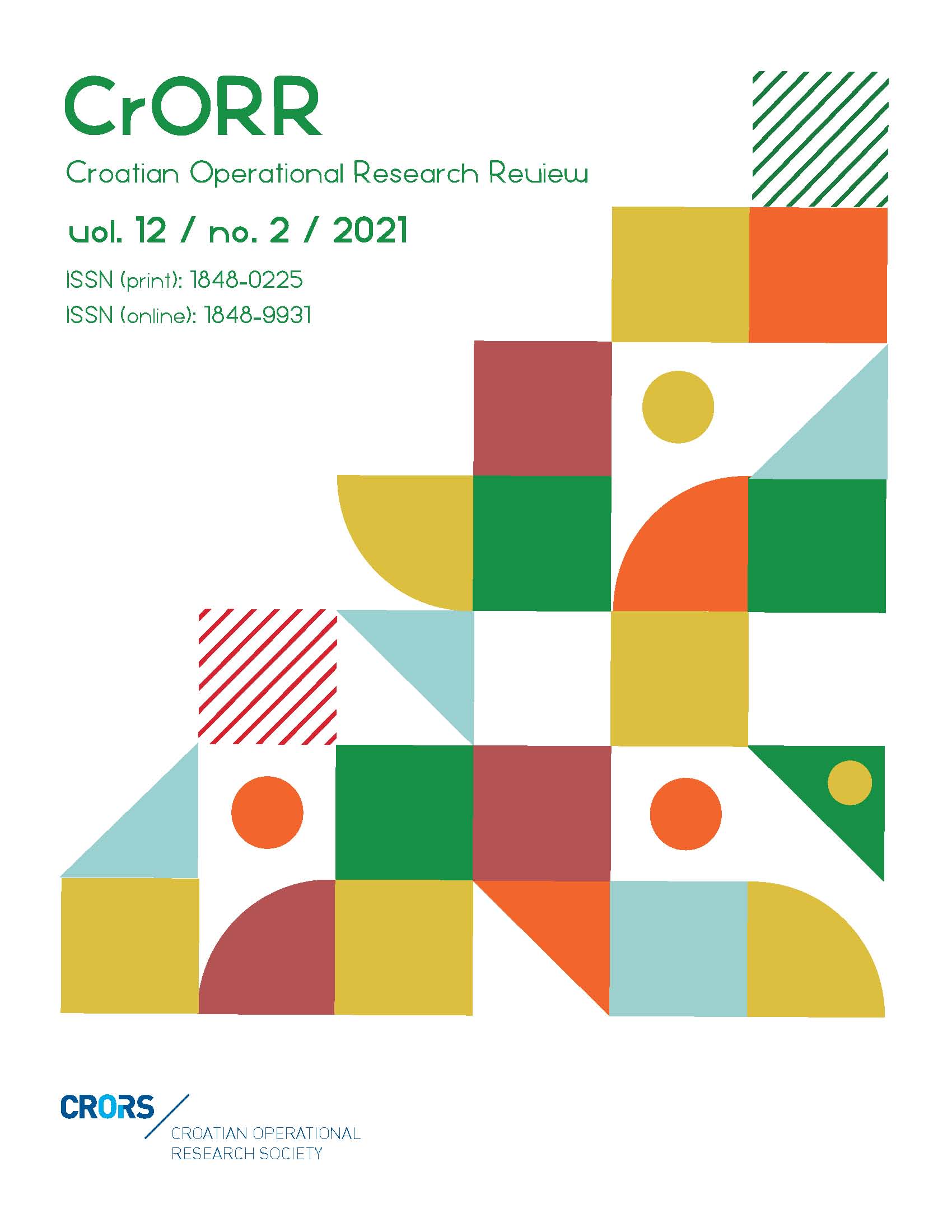The Curricular Practical Training Rotation Problem Formulation and the Assessment of Rotation Strategies
Abstract
This study addresses the curricular practical training rotation problem, which is a type of staff assignment problem. Many educational institutions require theoretical knowledge to be complemented by practical training. Although the details of the implementation differ from institution to institution, it is necessary to prepare a rotation plan that determines how long the trainees will practice in which unit in which training period. Because of the complexity of the problem and humanistic reasons, the manual rotation plan can not reach the optimal level that satisfies all stakeholders and takes time. This study defines a general Curricular Practical Training Rotation Planning Problem specific to the curriculum-based trainee assignment process carried out in a university department and proposes an integer mathematical model for its solution. It is one of the important contributions of this study. It also provides a methodological approach to identify the most appropriate rotation strategy that will satisfy stakeholders. The methodological approach followed is a structure that can be adapted to different perspectives. The study has the potential to guide practitioners and researchers in the field and to lead a rich literature that will be formed with different side constraints and purposes to the problem.
Downloads
Published
Issue
Section
License
- Authors retain copyright and grant the journal right of first publication with the work simultaneously licensed under a Creative Commons Attribution License that allows others to share the work with an acknowledgement of the work's authorship and initial publication in this journal
- Authors are able to enter into separate, additional contractual arrangements for the non-exclusive distribution of the journal's published version of the work (e.g., post it to an institutional repository or publish it in a book), with an acknowledgement of its initial publication in this journal.
- Authors are permitted and encouraged to post their work online (e.g., in institutional repositories or on their website) prior to and during the submission process, as it can lead to productive exchanges, as well as earlier and greater citation of published work (See The Effect of Open Access).


